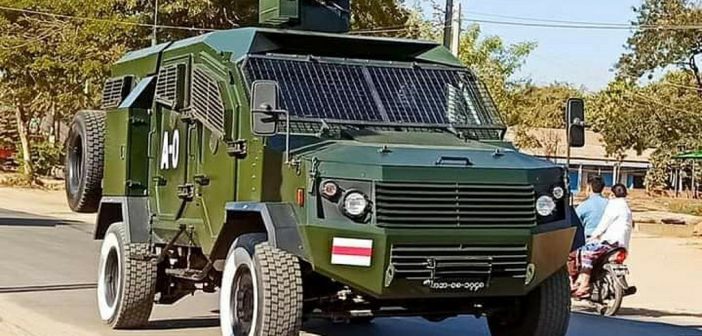The Myanmar Military Stages a Coup, Destabilizing the Nation

CHICAGO, Illinois — On January 31, 2021, the Myanmar military staged a coup against the democratic government headed by Aung San Suu Kyi and Win Myint. This is not the first time that Myanmar has been under military control. Since the 1940s, the country has experienced a pattern of democracy followed by military rule, destabilizing the nation and inhibiting growth.
The Myanmar Coup
As of January 31, members of the government and activists have been detained and placed under house arrest. Citizens are experiencing media blocks, and the tensions have led to civil unrest and the removal of personal funds from banks.
Among those detained is State Counselor Aun San Suu Kyi, President Win Myint and democracy and anti-nationalism activist Shwe Nyar War Sayadaw, as well as at least 131 other politicians and 13 activists. The military has formed an emergency government and is requesting the international community to provide them with a year in a “state of emergency” before performing a second election.
Addressing the Crisis through Discourse
On February 1, ASEAN Parliamentarians for Human Rights, an organization that empowers members of parliament in Southeast Asian nations supporting human rights and democracy across the region, and Progressive Voice, an organization advocating for human rights in Myanmar, held a Zoom press conference panel from Bangkok, Thailand, to discuss possible solutions to the crisis in Myanmar.
The conference was supported by Forum Asia, ALTSEAN BURMA and Initiative for International Dialogue. Panelists included Burmese activist Wei Wei Nu, a Malaysian member of parliament Charles Santiago and Chair of the Progressive Voice advisory board Khin Ohmar.
According to the panelists, the coup is being explained by the Myanmar military as being a legitimate response to election fraud in the country’s 2020 election. However, it is clear that the coup is out of line with the country’s constitution and that the narrative alleging election fraud is false. Panelists also explained that the new military government is requesting one year of a “state of emergency” before holding a new set of democratic elections in order to make claims of legitimacy. Panelists warned that this is likely a tactic to gain support and draw international attention away from the Burmese situation. In fact, it is likely that those elections would never come, and if elections were to occur, the detained politicians would likely be barred from running for office.
Taking Action
Panelists condemned the detainment of government officials, including Aung San Suu Kyi and Win Myint, as well as activists that the military has arrested. The panelists declared that they should be released from house arrest immediately.
In tandem with asking for the release of those detained by the military government, the panel requested that governments of other nations publicly condemn the coup and instate an embargo of arms and other products and services going to Myanmar. The panelists also asked the international community and corporations to discontinue engagement with Myanmar’s military goods and services to further destabilize the Myanmar military’s position.
It is crucial that the international community supports the citizens of Myanmar in their right to democracy and safety and refuse to engage with the military to allow for the reinstatement of a democratic system in Myanmar.

